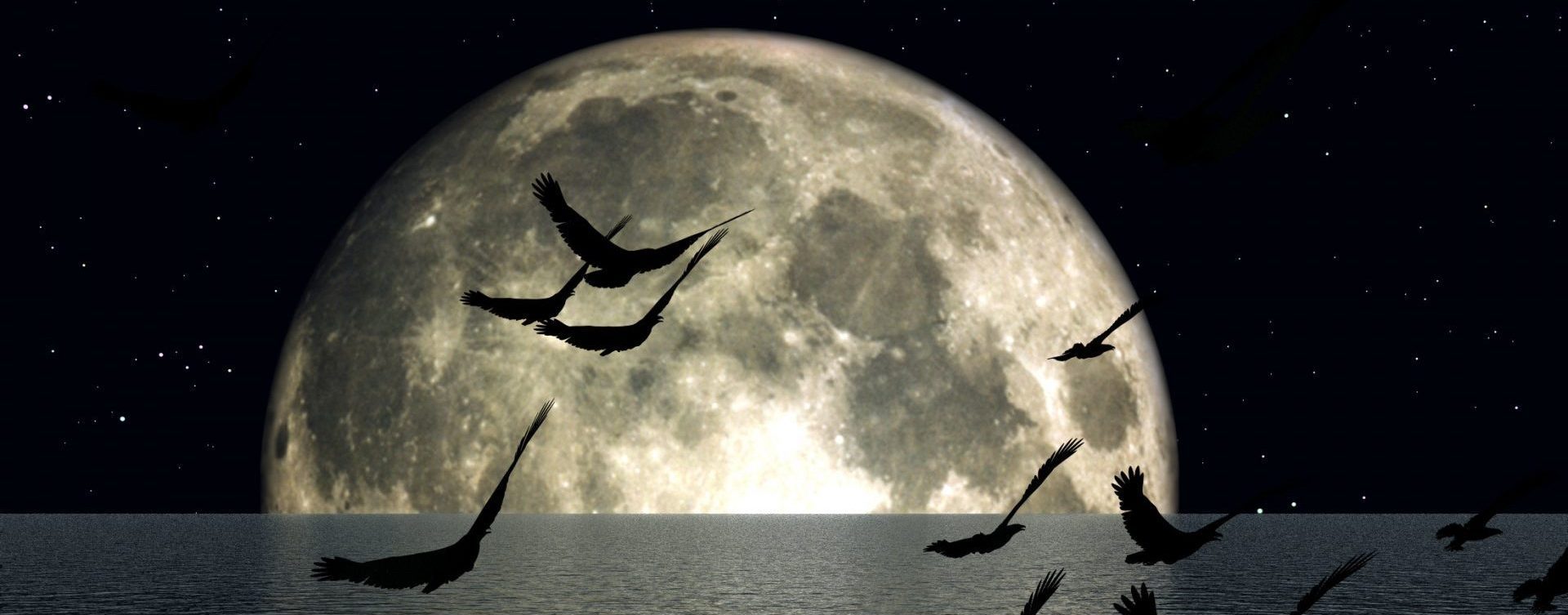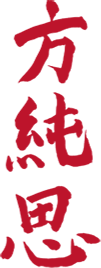What is Mētis?

Mētis Musings
What is Mētis?
Mētis makes light appear in the midst of darkness . . . teaching men to navigate, opening up a route over the sea, and bringing light into the stormy night.” (Detienne and Vernant, 218)
The beautifully rendered studies of Marcel Detienne and Jean-Pierre Vernant in their 1974 work Les ruses d’intelligence: la Metis des grecs, translated by Janet Lloyd in 1978, represented the scholars’ “analysis of the semantic field of mētis and of its coherence and amazing stability throughout Greek history (2).” Mētis intelligence “always appears more or less below the surface, immersed as it were in practical operations which, even when they use it, show no concern to make its nature explicit or to justify its procedures (3).” A supple responsiveness, mētis assists to navigate a straight path through various contraries. If we translated mētis into its elemental forms, this is fire and water: flowing, directional, responsive, powerful.
There is no doubt that mētis is a type of intelligence and of thought, a way of knowing; it implies a complex but very coherent body of mental attitudes and intellectual behaviours which combine flair, wisdom, forethought, subtlety of mind, deception, resourcefulness, vigilance, opportunism, various skills, and experience acquired over the years. It is applied to situations which are transient, shifting, disconcerting and ambiguous, situations which do not lend themselves to precise measurement, exact calculation or rigorous logic.” (Detienne and Vernant, 3)
And while Plato speaks of dexterity, sureness of eye, and sharpwittedness as a way of both apprehending and manifesting eternal Forms into the world, and Aristotle folds practices of mētis into prudent wisdom, Detienne and Vernant note that both were distancing philosophy from the mētis prized in more ancient texts, such as the nimble cunning of Odysseus or the passionate love of Sappho. When so much of western traditions have been shaped by Plato and Aristotle, it is not at all surprising that many of us have suffered without mētis as a named possibility navigating life. On the contrary, there is a persistent sad disdain and fearful skepticism about individual intuition and embodied forms of perception as being bit dangerous. The heroes and heroines that practice mētis are often set-aside by the moralizing, in favor of those who are more predictable, modest, and compliant.
But mētis will not be denied, because it is called forth by life itself. Friedrich Nietzsche was a student of pre-Socratic thought, resurrecting the philosophical and existential richness of mētis intelligence and its joy. Inviting every human to journey with a “Yes to Life,” Nietzsche references the ancient story of Jason and the Argonauts in pursuit of the Golden Fleece.
And now, after we have long been on our way in this manner, we argonauts of the ideal, with more daring perhaps than is prudent, and have suffered shipwreck and damage often enough, but are, to repeat it, healthier than one likes to permit us, dangerously healthy, ever again healthy — it will seem to us as if, as a reward, we now confronted an as yet undiscovered country whose boundaries nobody has surveyed yet, something beyond all the lands and nooks of the ideals so far, a world so overrich in what is beautiful, strange, questionable, terrible, and divine that our curiosity as well as our craving to possess it has gotten beside itself — alas, now nothing will sate us any more! (The Gay Science, Section 382)
This is what life looks like with the attitude of mētis at the helm; this is courage and the freedom to fail and rise again. Mētis intelligence is not just attitudinal. What does it look like in flourishing practice?
Let me offer an example from my own experience as a physician. At the bedside, the good practice of medicine asks that I remain present to the person in front of my eyes and under my hand, both in intuitive specificity and searching my practical wisdom for the nature of this suffering and its cure. Detienne and Vernant compare the physician to a hunter or to the captain of a ship, with a watchful and embodied waiting for those subtle shifts that inform the precise moment to act.
If he is to be able to find his way in this world of fluctuating symptoms the doctor must have at his disposal all the resources of an intelligence as polymorphic as his enemy; he must show that he can adopt as many disguises as Homer’s Proteus with his thousand tricks… There is an aphorism which notes that medicine is an art of the fleeting moment (oligókairos), and in which the opportunity for intervention are always critical.
Just like the hunter lying in wait, the doctor must watch for the precise moment when his intervention will prove decisive. But he will only be in a position to seize the opportunity of grasping Kairos by the hair if he is sufficiently primed with all the knowledge acquired through experience to guess and foresee when the propitious moment will arise. For although disease is a power endowed with the gift of metamorphosis it is at the same time imbued with its own rhythm.
But it is not only through his grip of time that the doctor appears to be able to foresee the course of events, being – as Pindar puts it – epikairotatos like the pilot at the tiller on the raging seas. He can only reach his goal if he conjectures his route with the aid of the signs that his flexible intelligence enables him to recognise, compare and use to the full.” (311-312)
If as a physician, I know my mētis and trust its capacity – not for infallibility but for nimble responsiveness unique to the moment and to my patient – why not also call forth mētis from those that come to my care, for their own power to heal? The art of healing is an act of cooperation. Wherever my mētis intelligence might discern an opportunity for navigating disease, surely that same capacity could be nurtured in my patients for what they can sense that is beyond my reach. I can invite and empower their own mētis intelligence to craft their own healing story for one of beauty, coherence, and wholeness.
Mētis belongs not only to the agility of healing, but is the domain of human being towards becoming. Simply but not exhaustively put: reality is not static and fixed, but is, as first principle, flux and change. We are not immovable being, but are constantly becoming in the streams of time; from this, the existentialist creed: existence precedes essence. Attributed to the Greek philosopher, Heraclitus (c. 535 – c. 475 BC ), we have the observation that our nature of becoming is as an ever-living fire, both kindled and going out in cycles.
Mētis is required in this space of constant flux, towards intelligence but also for human wisdom. Intelligence and wisdom are not the same. There are those of us that practice mētis intelligence in the moment, towards a nimble and cunning navigation of a challenge, but with minimal intent or demonstrated capacity to cultivate a disposition that accumulates such experiences into a richer, deeper, and more humane perspective of storied existence. Mētis intelligence might get us through a jam, and some are fortunate enough to have it in sufficient abundance to navigate to the other side of treacherous waters again and again. In contrast, what I call Mētis Wisdom is a cultivated disposition, with vigilance and anticipation for response-ability called forth again and again, for a becoming that coheres into our own naming of meaningfulness – a story that has shimmer and light and love, not by accident and always oriented towards the horizon of the unlimited.
Detienne and Vernant note that mētis intelligence is present in the art of politics. This is a natural place to see the distinction between a mētis intelligence that allows one to soothe and cajole the audience of the moment through a nimble improvisation, and the Mētis Wisdom that folds such creative strengths into a greater perspective and divination, to “compare the future with past events, moving from one point on the horizon to another across what is invisible (Detienne and Vernant, 314).” It it is not merely cunning to escape a trap, but its own kind of virtue: a knife in the excellence of its sharpness, to use Aristotle’s metaphor. Mētis Wisdom does not just have a pointy end; it is a sharp edge, honed to ongoing brilliance in use. And so mētis may be most often associated elementally with water and fire, but it seems also to have the nature of metal.
In healing, in wholeness and coherence, in human becoming, I invite us to find and practice our mētis, calling it forth and naming its joyful power, yoking it to wisdom-seeking and saying yes to our unique lives. In attitude and practice, we approach the liminal with joyful anticipation of our capacities to engage both wonder and terror.
References:
- Marcel Detienne and Jean-Pierre Vernant. Cunning Intelligence in Greek Culture and Society. Translated by Janet Lloyd. New Jersey: Humanities Press, 1978.
- Friedrich Nietzsche. The Gay Science. Translated by Walter Kauffman. New York: Vintage, 1974.
Teacher
An experienced instructor, clinical supervisor and recipient of multiple teaching awards, inviting joy and insight in training and teaching settings.
Coach
A board-certified coach, specializing in executive and professional care for strength-building and creativity at growth edges and in leadership.
Speaker
An authentic and warm public speaker, weaving interdisciplinary insights and humanistic perspectives to support a deepening sense of community.
Demand meaning in the moments of your life.
Chart a navigation course that is clear-eyed and nimble.
Cultivate the habits of perspective, creativity, and curiosity.
Call forth your fiercest capacities for courageous authenticity.
Seek Wisdom.
Janēta Fong Tansey, MD PhD












